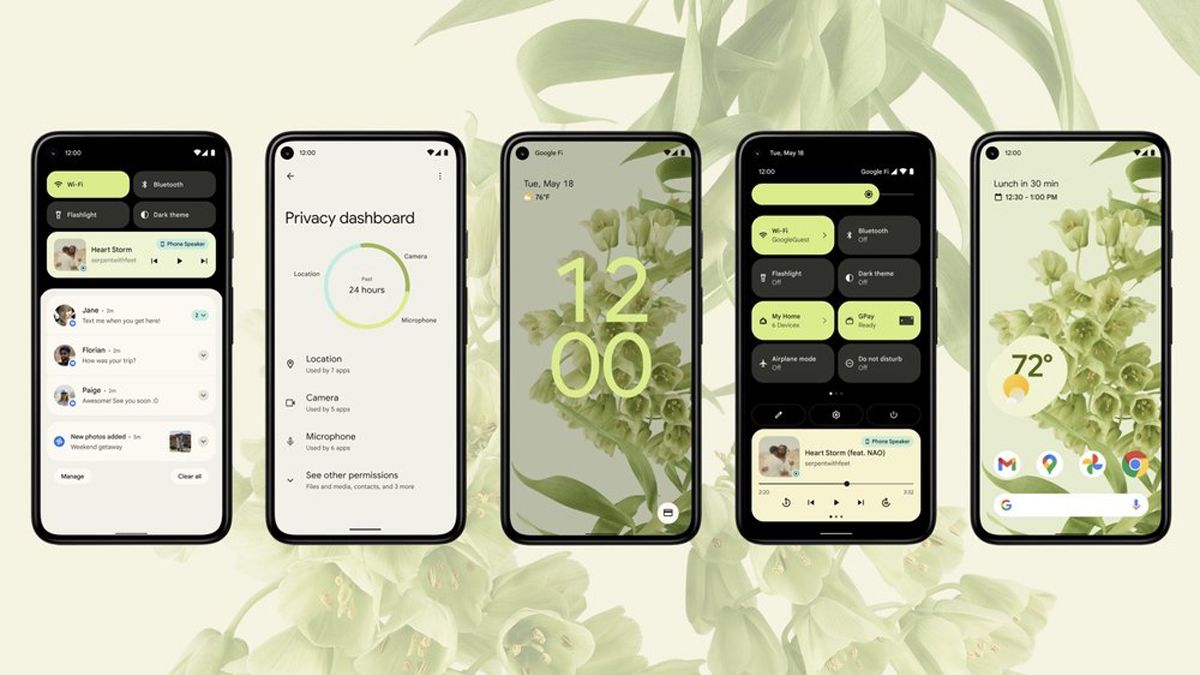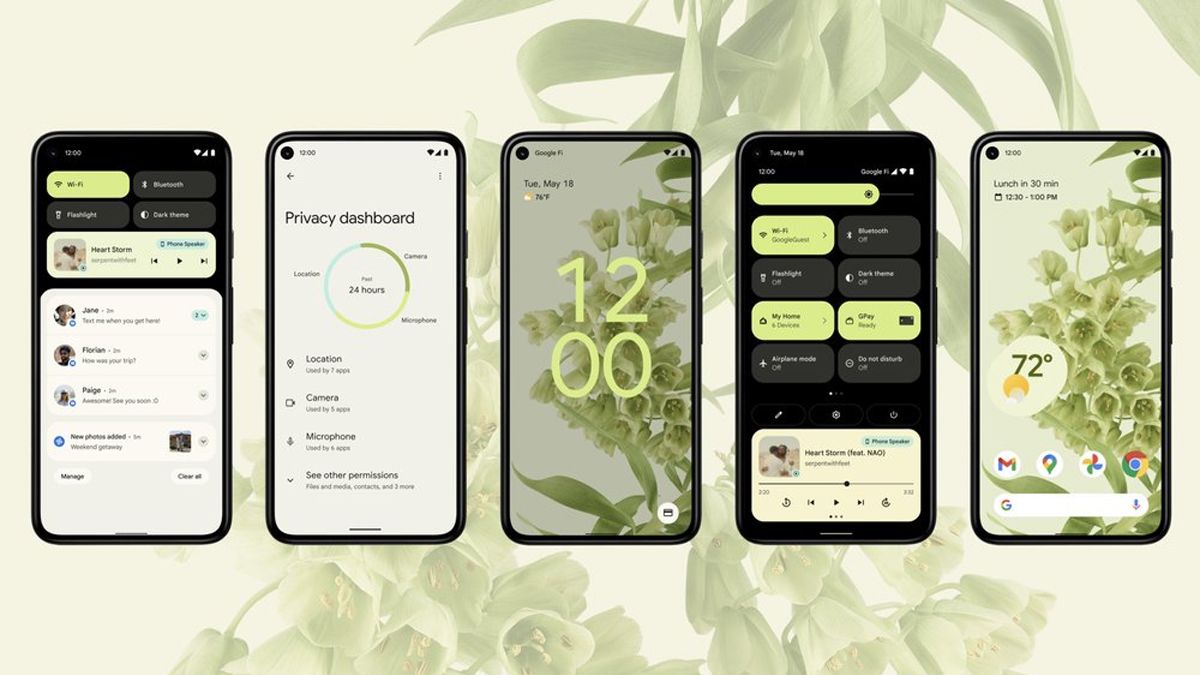
Seasoned Android watchers will remember that major, annual updates to Google’s mobile operating system used to come with dessert names attached – up until Android 9 Pie in 2018. These days, it’s a bit simpler: Android 13 will succeed Android 12 later this year.
While Android releases now stick to numbers as far as public announcements and branding are concerned, food-related names still exist internally at Google as codenames. As 9to5Google has spotted in the Android Open Source Project code, Android 14 (or Android U) has the codename Upside Down Cake.
If you’ve never had one, an Upside Down Cake is exactly what it sounds like: during the making of one, the decorations are put at the bottom of the pan and the cake batter is then poured on top. After baking, everything gets flipped over so the decorations are on top.
Android 13 comes first
Before we get to give Android 14 a go, there’s Android 13 to look forward to. The operating system is currently at the early developer preview stage, which should be followed by a public beta that consumers can get involved with if they’d like to.
After that, the full and finished version of Android 13 will be rolled out to everyone with a compatible handset. Android 12 launched in October 2021, so its successor should appear about a year later – though it might show up earlier than that. As usual, Pixel phones – including the Google Pixel 6 and Pixel 6 Pro – will be first in line.
We’ve already been given plenty of hints about what Android 13 is going to bring, including features to stop people stalking you with smart tags, and improved control over notifications. We can look forward to upgrades for Android 13 on TVs as well.
Analysis: what we’d like to see in Android 14
There’s not a whole lot to say about Android 14 as yet, though the emergence of a codename does suggest that work on the software has now got underway at Google. We’re unlikely to hear anything official about it until 2023, however.
In terms of what we’d like to see in Android 14, at this stage it’s hard to think of ways that Android and iOS can improve on what we’ve already got. Android 13 is going to introduce minor tweaks to phone customization options and support for eSIMs, but these are hardly going to revolutionize the way that you use your phone.
One area we hope Google does continue to push into (and where it may have the edge over Apple) is artificial intelligence. It seems to us phones could get much better at figuring out which apps and tools we need at what times, and repeated and monotonous tasks (like setting alarms and sharing photos) could become more automated.
Other than that, we’re just hoping for the usual pile of improvements around user privacy, device security, app control and notification management. Android updates usually include upgrades in these areas, and Android 14 should be the same.
